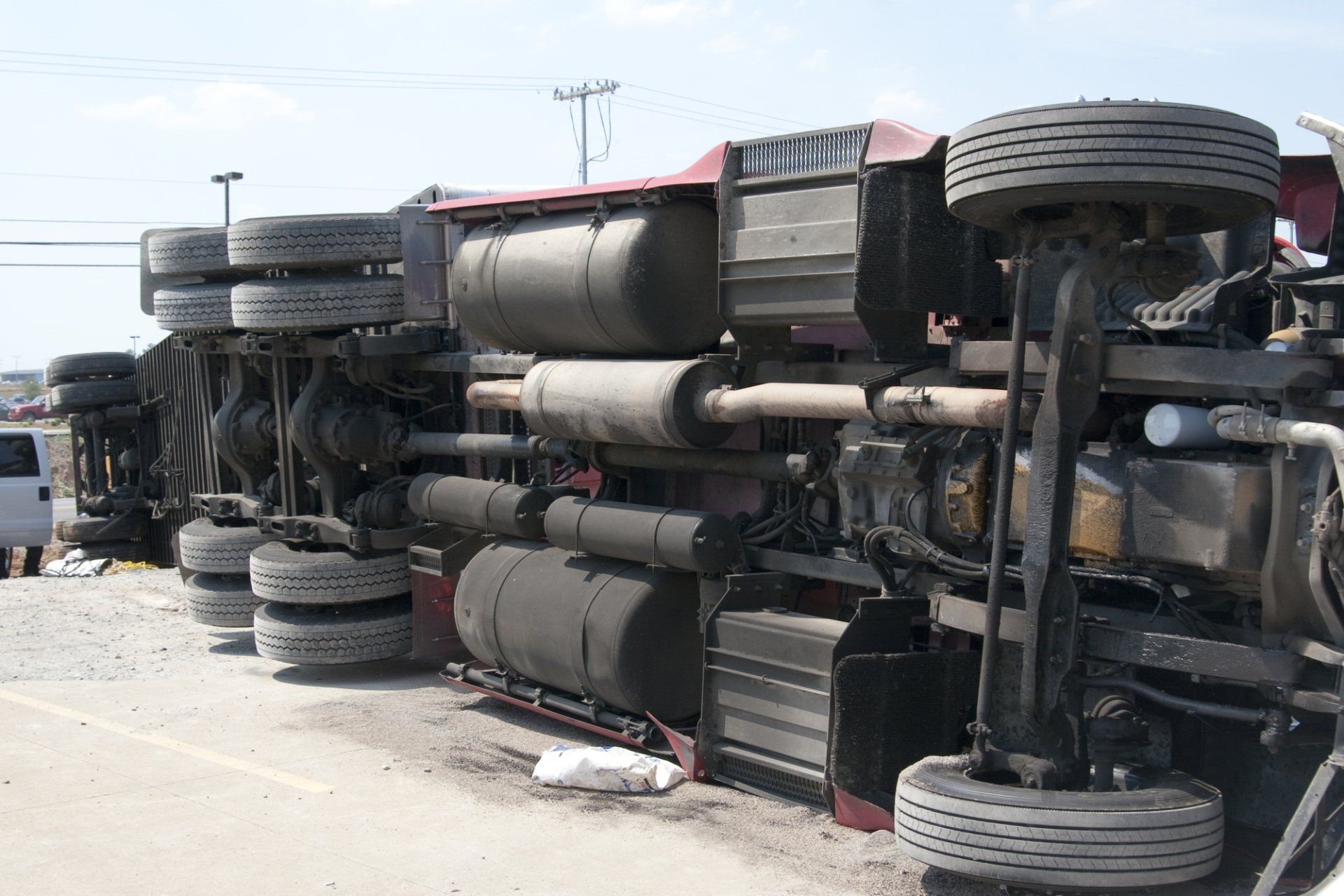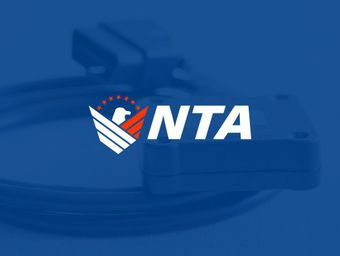Offering our members Free Safety Consulting, access to Discounted Insurance,
a Nationally Accredited Drug & Alcohol program, State-of-the-Art ELD and much more!
NTA Services
Driver Management
NTA News

Yesterday, the United States Court of Appeals for the Sixth Circuit found broker liability claims for negligent selection of a motor carrier brought against Total Quality Logistics (“TQL”), a broker, are not preempted by the Federal Aviation Administration Authorization Act (“FAAAA”), 49 U.S.C. § 14501(c), due to the s

Worker’s case seeks to change federal standards so that union bosses must convince workers to ‘opt-in’ to supporting union politics Pittsburgh, PA (July 3, 2025) – Josh Hammaker, a driver for ABARTA Coca-Cola’s Houston, PA, distribution center, has filed federal charges against Teamsters Local 585 union officials at his workplace. Hammaker is charging Teamsters union officials with violating federal law by threatening to get him fired if he did not formally join the union, and with forcing him to pay for union expenditures – including union political activities. Hammaker filed his charges at the National Labor Relations Board (NLRB) with free legal aid from National Right to Work Legal Defense Foundation staff attorneys.





















